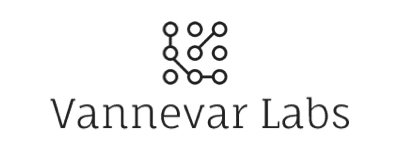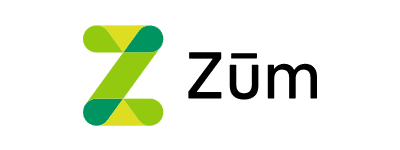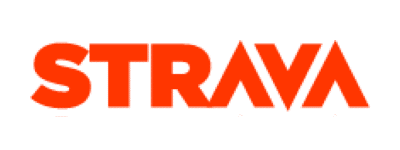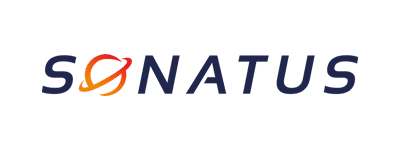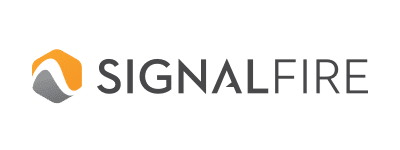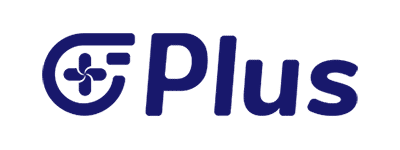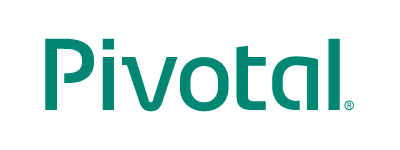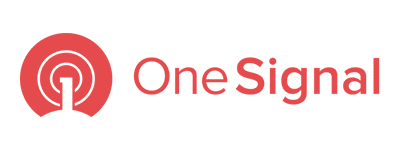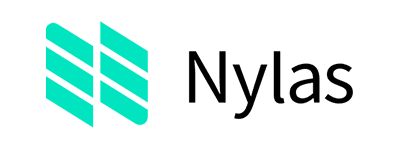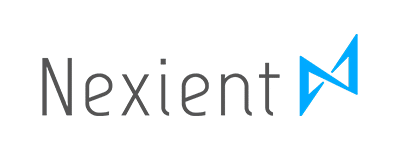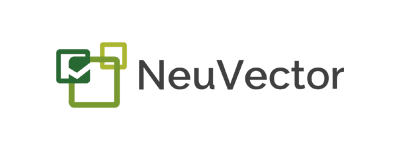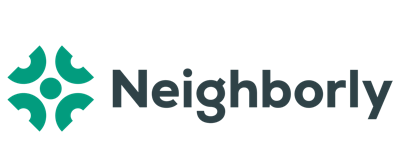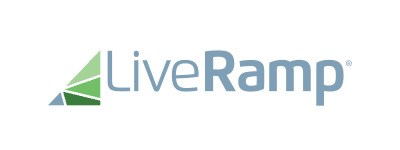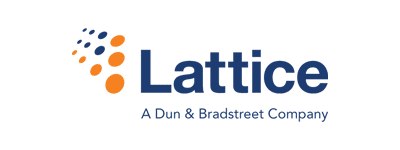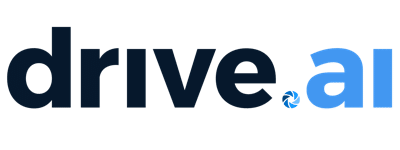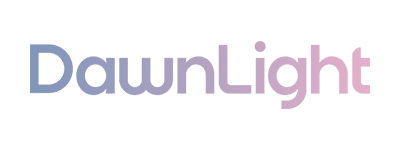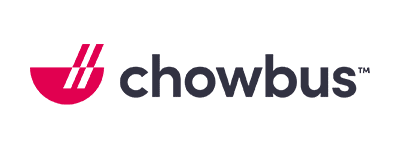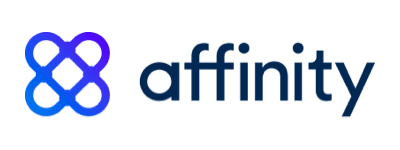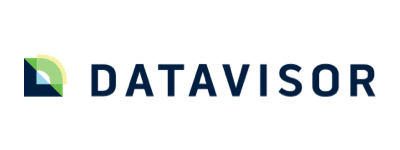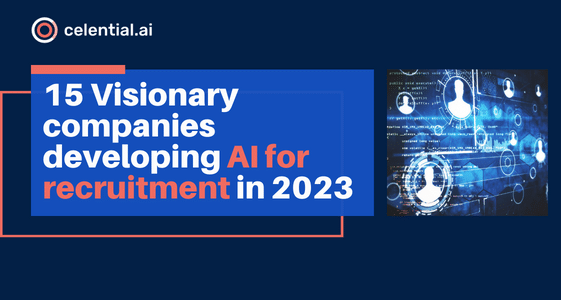Inflation, supply chain delays, hiked interest rates and a host of other economic challenges have led to layoffs and hiring freezes at some of the largest tech companies.
Tesla laid off 200 workers after CEO Elon Musk said he had a “super bad feeling” about the economy. Netflix reported its first subscriber loss in a decade and laid off hundreds of employees. That’s not to mention workforce cuts at Coinbase, Twitter, Unity, and more.
For those who have lost jobs or had offers rescinded, this can be a difficult, heartbreaking time.
However, despite the alarming headlines, the overall picture is not as bleak as it might seem — either for tech talent or for employers.
The long-term outlook for tech is still positive, with tech jobs projected to increase over the next decade. Tech recruiters polled by CNBC say there is no slowdown in hiring overall.
And let’s face it, the market for software engineers is pretty close to evergreen — with unemployment rates hovering between 0.1 and 0.6 percent.
For growing startups, it’s a great time to take advantage of the shakeup to lure talented employees — who might ordinarily be snapped up by larger companies — with flexible culture, career growth, and stock options.
Here’s our list of the top 10 startups with the fastest-growing engineering teams in the U.S. and Canada — what they do, the trajectory of their growth, and what they are doing to charge ahead into the second half of 2022.
How we identify the fastest-growing engineering teams
We created this list through our proprietary Talent Graph that leverages artificial intelligence and machine learning algorithms to process, enrich and aggregate massive data from social networks, personal projects, and technical communities.
It develops a comprehensive understanding of more than 10 million software engineering talent and their interconnections with 600K companies in the United States and Canada.
Through the Talent Graph, we identified the fastest growing startup engineering teams by considering three factors:
- Team growth since 2021: increase in the number of software engineers and data scientists in the U.S. and Canada between January 2021 and June 2022
- Growth potential: active software engineering jobs by June 2022
- Company stage: we include startups in series A to D in January 2021 and assess companies’ growth at similar stages for a fair comparison
Here are the top 10 companies based on our analysis. You can download a complete list of the top 40 fastest-growing startup engineering teams here.
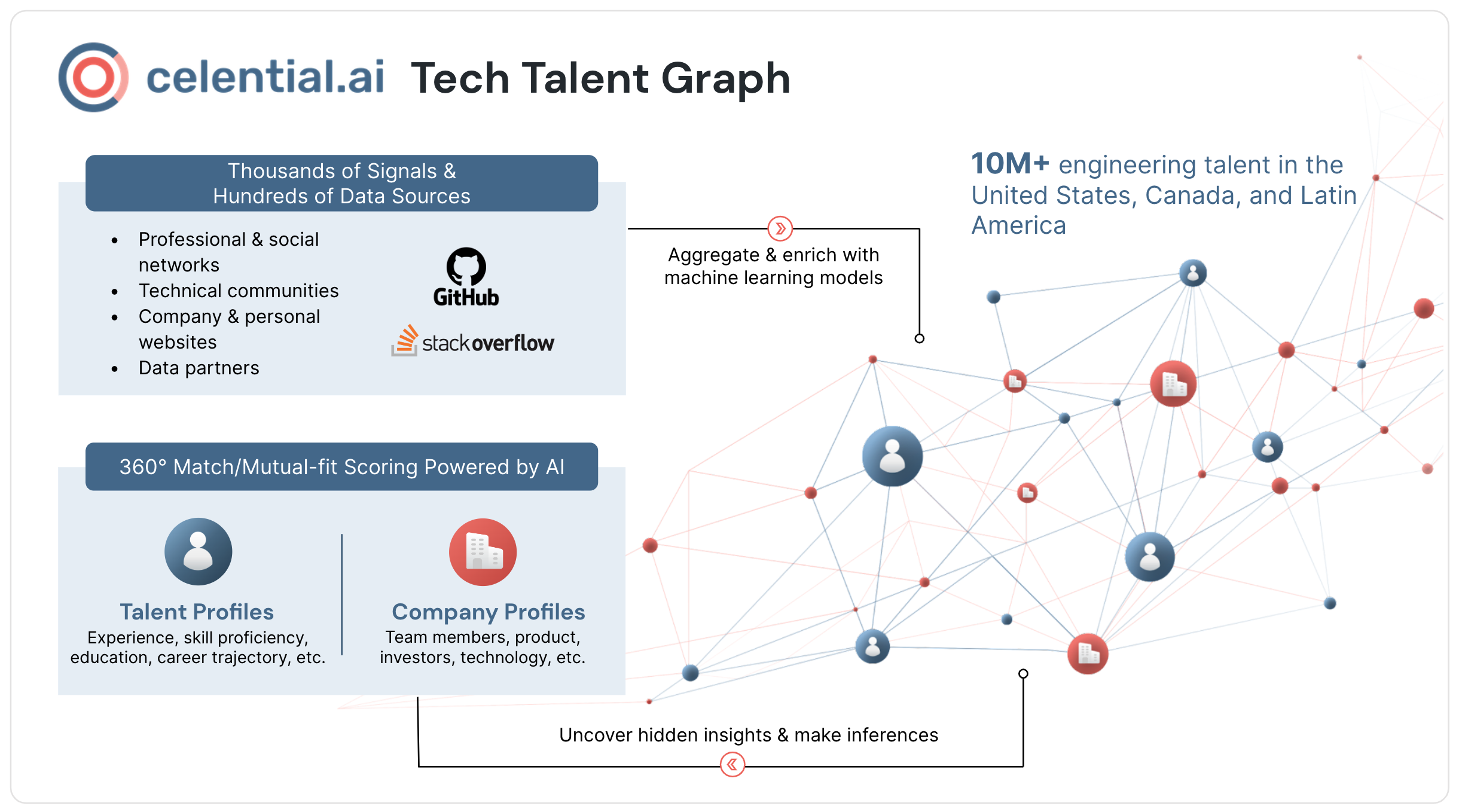
ICON
With rents rising and no end in sight, ICON’s 3D house printing technology is tackling the issue of housing affordability. The company — based in Austin, where rents have doubled year over year — leverages advanced construction technologies to produce low-cost, eco-friendly, quick-to-build homes.
ICON’s homes can be printed in an unheard-of 24 hours, and has already completed a whole community of homes for nonprofit New Story in Mexico. With the challenges facing traditional methods of construction, from supply chain issues to pandemic-related labor disruptions, housing tech is particularly appealing to investors.
ICON has raised $450 million to date, with the most recent Series B round $185 closed in February. ICON has many exciting projects planned, including as far away as the Moon and Mars.
Product: 3D printing house construction
Industry: Construction
Total funding: $452 million
Funding stage: Series B (Series A as of January 2021)
Headquarters: Austin, TX
Engineering Team Growth:
- Engineering team size (USA & Canada): ~40
- Engineering team growth since 2021: 600%
- Open engineering positions: 11-25
Kandji
As Millenials and Gen Z increasingly dominate the workforce, enterprises are turning to the Macs and iPhones that they love.
Kandji, founded in 2018, offers a cloud-based device management platform for organizations that run on Apple products. As enterprises increasingly adopt remote or hybrid work, Kandji helps IT teams support, manage, and secure employee devices with features like automated device setup, app patching, and alerts.
Kandji raked in a Series C round of $100 million in November 2021. Reporting year-over-year revenue of 700%, Kandji plans to use its latest round of funding to expand into Europe.
Product: Apple device management and security platform
Industry: Software
Total funding: $118.4 million
Funding stage: Series C (Series A as of January 2021)
Headquarters: San Diego, CA
Engineering Team Growth:
- Engineering team size (USA & Canada): ~90
- Engineering team growth since 2021: 570%
- Open engineering positions: 6-10
Resilience
2022 is forecasted to be a “buoyant year” for biopharma.
Resilience was founded in 2020 at the beginning of the Covid-19 pandemic to address underinvestment in biomanufacturing (i.e., the infrastructure and technologies required to make vaccines, gene therapies, and other advanced medicines).
The company provides end-to-end Biopharmaceutical Manufacturing and Research & Development solutions to tech companies, government agencies, academic institutions, and nonprofit organizations.
Resilience’s latest funding was raised in June 2022 from an impressive $625 million Series D round. With 10 facilities across North America, over 1 million square feet of manufacturing space, and more than 1,600 employees established over the past two years, Resilience’s hypergrowth continues with a 2023 office planned for Marlborough, Massachusetts.
Product: Biomanufacturing solutions and services
Industry: Biotechnology
Total funding: $2 billion
Funding stage: Series D (Series B as of January 2021)
Headquarters: La Jolla, CA
Engineering Team Growth:
- Engineering team size (USA & Canada): ~ 150
- Engineering team growth since 2021: 550%
- Open engineering positions: 11-25
Cribl
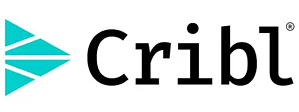
2021 was a good year for Cribl, marked by surging customer demand, massive employee growth, and major funding — and 2022 is continuing to look rosy.
Cribl’s platform gives companies insight into the health of their infrastructure and applications. It focuses on observability tools (observability is the ability to detect and measure the state of hardware, software, and cloud systems by looking at their metrics, logs, and traces).
With the rise of cloud computing, these tools are more vital than ever for companies to secure and fortify the infrastructure underlying their technologies.
90% agree that observability is increasingly important. With a most recent $150 million Series D funding announced in May 2022, Cribl is well-positioned to continue its rapid expansion.
Product: Observability Platform
Industry: Software
Total funding: $402.2 million
Funding stage: Series D (Series B as of January 2021)
Headquarters: San Francisco, California
Engineering Team Growth:
- Engineering team size (USA & Canada): ~80
- Engineering team growth since 2021: 390%
- Open engineering positions: 26-50
Rippling
After previously founding Zenefits, CEO Parker Conrad created Rippling to offer an even better HR software solution.
Rippling is an all-in-one payroll/workforce platform for managing an organization’s HR and IT. It manages offers, payroll, benefits, working hours, professional development, and employee devices.
Another value-add of Rippling is to maintain employee data across various departments and systems, allowing for “more intelligent workflows and approvals, better role-based policies and permissions, and more powerful analytics.”
Rippling raised a recent May 2022 Series D of $250 million. According to TechCrunch, Parker Conrad intends to build a very big company — and this intention is reflected in the number of open positions listed on Rippling’s Careers Page.
Product: HR/Payroll Platform
Industry: Software
Total funding: $697 million
Funding stage: Series D (Series B as of January 2021)
Headquarters: San Francisco, California
Engineering Team Growth:
- Engineering team size (USA & Canada): ~120
- Engineering team growth since 2021: 170%
- Open engineering positions: 51-100
BetterUp
With burnout, distrust, disconnection, and turnover high among employees post-Great Resignation, BetterUp aims to reverse this trend.
BetterUp’s platform combines employee and mental wellness coaching with AI technologies and behavioral science. Its network of over 3,000 coaches offers coaching in 46 languages and 90 countries, with career growth and professional development content and real-time analytics to track employee progress.
With mental health, well-being, diversity, and inclusion an increasing part of the conversation around employee experience in the era of remote work, BetterUp plans to capitalize on its October Series E funding ($300 million) to continue expanding operations and business reach.
Product: People Experiences Platform
Industry: Software
Total funding: $566.9 million
Funding stage: Series E (Series C as of January 2021)
Headquarters: San Francisco, California
Engineering Team Growth:
- Engineering team size (USA & Canada): ~ 110
- Engineering team growth since 2021: 90%
- Open engineering positions: 11-25
With grocery bills and fuel prices skyrocketing, customers can recover some of their hard-earned money with Fetch Rewards. Fetch’s app enables users to earn and redeem rewards by uploading receipts from grocery, retail, restaurant purchases and more.
As not only a consumer reward app but also a digital marketing platform, Fetch collects and analyzes this real-time purchase data. It offers brands access to valuable consumer insights for building digital loyalty and meaningfully impacting customer behavior.
Fetch most recently announced Series E funding of $140 million. Boasting 13 million active users and surpassing $100 billion in actionable gross merchandise value, Fetch is equivalent to the seventh largest retailer in the US.
Product: Customer Reward App
Industry: Software
Total funding: $581.8 million
Funding stage: Series E (Series C as of January 2021)
Headquarters: Madison, WI
Engineering Team Growth:
- Engineering team size (USA & Canada): ~ 160
- Engineering team growth since 2021: 70%
- Open engineering positions: 26-50
Figma
Dreamed up ten years ago by founder Dylan Field, Figma was created to be a design program as good as a “figment” of your imagination. And designers agree — it is currently the most popular prototyping tool in use today.
Figma’s cloud-based tool can be used to create graphics and user interfaces. As a kind of high-tech cross between Google Docs and Adobe Photoshop, it allows multiple users and teams to collaborate on all kinds of visual projects.
Figma most recently raised $200 million in Series E funding in June 2022. With a broad and growing customer base, it shows no sign of slowing down.
Product: Collaborative Interface Design Tool
Industry: Software
Total funding: 332.9 million
Funding stage: Series E (Series D as of January 2021)
Headquarters: San Francisco, California
Engineering Team Growth:
- Engineering team size (USA & Canada): ~250
- Engineering team growth since 2021: 120%
- Open engineering positions: 11-25
Airtable
Have an idea for an innovative app but no Computer Science degree? Airtable was founded in 2012 to provide non-programmers with the tools to build software.
Teams can use Airtable’s functional, no-code/low-code platform to collaborate on apps and customized, modern workflows. Airtable is also known for its cloud spreadsheet software and relational database capabilities and is used by 80% of Fortune 500 companies.
Airtable raised a hefty December 2021 Series F round of $735 million, with a secondary market round of an undisclosed amount in July 2022. It will use this funding for product development, customer growth, and support for enterprise teams across multiple industries.
Product: Cloud Application Development Platform
Industry: Software
Total funding: $1.4 million
Funding stage: Series F (Series D as of January 2021)
Headquarters: San Francisco, California
Engineering Team Growth:
- Engineering team size (USA & Canada): ~210
- Engineering team growth since 2021: 110%
- Open engineering positions: 26-50
Clari
With the current economic turbulence, many executives are turning to Clari, a revenue operations company, to optimize their sales pipelines and predict revenue in accurate, granular detail.
It offers a bevy of features, including sales forecasting, pipeline analytics, customer relationship management, revenue visibility, conversational intelligence, and account engagement capabilities.
Clari relies on both historical and real-time data to help companies improve productivity and retain and grow their customer bases.
According to one study, Clari delivers an eye-popping 448% return on investment for companies. It’s no surprise Clari most recently raised $225 million in Series F funding in January 2022.
Product: Connected revenue operations platform
Industry: Software
Total funding: $496 million
Funding stage: Series F (Series D as of January 2021)
Headquarters: Sunnyvale, California
Engineering Team Growth:
- Engineering team size (USA & Canada): ~140
- Engineering team growth since 2021: 70%
- Open engineering positions: 51-100
Wrapping Up
We hope you found this ranking of the fastest-growing engineering teams useful.
Fast-growing startups face the challenges of hard-to-fill specialized roles, a lack of talent measuring up to their high standards, and the need to hire ASAP to keep up with customer demand.
If these problems sound familiar, AI sourcing solutions can help you close the talent gap.
- Celential.ai identifies the best candidate matches through a proprietary talent graph of 15M+ engineers — granting deep insights and access to top passive talent that isn’t found on common professional networks.
- Our AI-powered Virtual Recruiter sends out hyper-personalized outreach at scale to engage talent that would normally take months to respond. Since the messages focus on mutual fit, it always receives positive replies after just a couple of days.
- Our Virtual Recruiter service delivers skilled and engaged candidates with zero effort or learning curve on your part, freeing up your team to build candidate relationships and close more hires.
We offer:
3-Day average turnaround with warm talent ready for interviews appearing in your inbox or ATS in 1-5 business days.
80% average acceptance rate of candidates for competitive, specialized roles like Fullstack, Backend, Frontend, Data, DevOps and Machine Learning engineers, Tech Leads, Architects, and Managers.
Instant flexibility to scale up and down your recruiting efforts as your hiring needs, role priorities, and budget shift during these uncertain economic times.
Table of Contents

